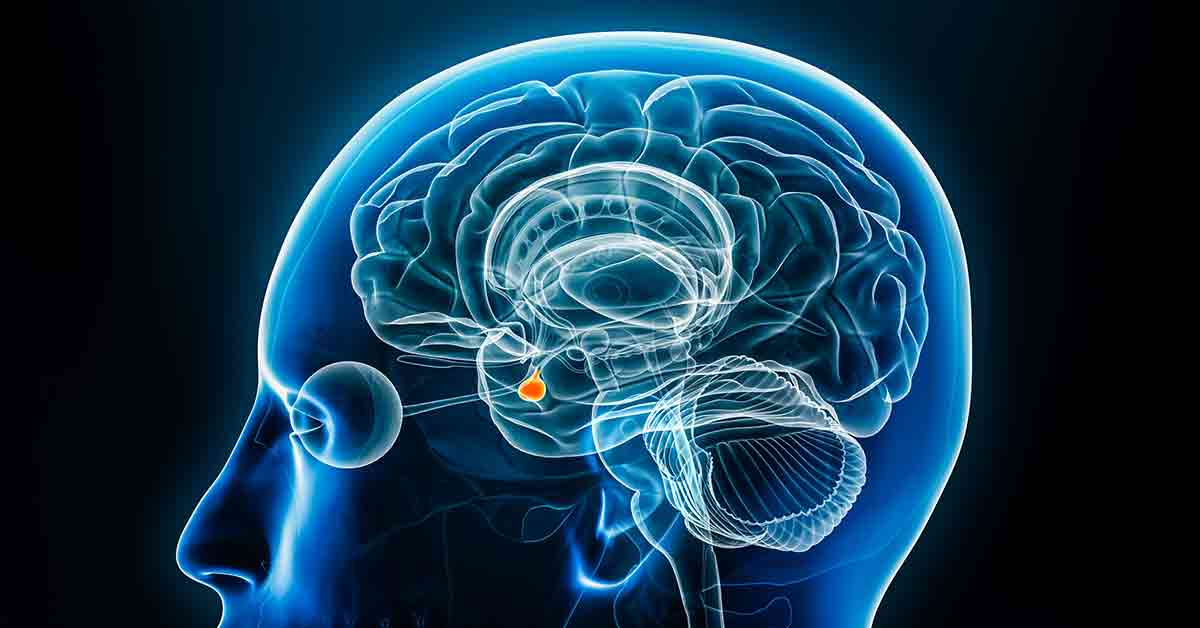Brain Tumors Cancer
Contact Us
What are brain tumors?
Brain tumors are abnormal growths of cells within the brain or the central spinal canal. They can be classified into two main types: primary brain tumors, which originate in the brain, and secondary (or metastatic) brain tumors, which spread to the brain from another part of the body.
There are three main types of brain tumors; each originates from different cells and has distinct characteristics:
- Gliomas arise from glial cells, which support nerve cells in the brain. Gliomas are the most common type of brain tumor and include subtypes such as astrocytomas, oligodendrogliomas and ependymomas.
- Meningiomas develop from the meninges, the layers of tissue that cover and protect the brain and spinal cord. Meningiomas are typically benign (non-cancerous) but can sometimes be malignant (cancerous).
- Pituitary tumors, also known as pituitary adenomas, occur in the pituitary gland, a small gland located at the base of the brain that produces hormones. Most pituitary tumors are benign, but they can affect hormone levels and cause various symptoms depending on their size and location.
What are the signs and symptoms of brain tumors?
The signs and symptoms of brain tumors can vary widely, depending on the size, number and location of tumors. Common warning signs can include:
- Headaches that are often more severe in the morning or when lying down
- New onset seizures
- Nausea and vomiting that is persistent and not related to other medical issues
- Cognitive changes, such as memory problems, confusion, difficulty concentrating, or changes in behavior and personality
- Weakness or numbness in one side of the body, difficulty with balance and coordination, and problems with walking
- Vision problems, including double vision or loss of peripheral vision
- Problems with speaking or understanding language, reading or writing
- Difficulty walking or loss of balance
These symptoms can develop slowly over time or come on suddenly, depending on the speed of tumor growth. It’s essential to seek medical attention for proper diagnosis and treatment if you experience any of these symptoms.
How are brain tumors diagnosed?
Diagnosing brain tumors begins with a physical examination so that your doctor can evaluate the symptoms you are experiencing and discuss your health history in detail. A neurological evaluation may be conducted to assess vision, hearing, balance, coordination, strength and reflexes. A combination of diagnostic tools allows healthcare providers to accurately diagnose brain tumors, determine their location and extent, and develop an appropriate treatment plan.
Magnetic resonance imaging (MRI), the most common imaging test used, provides detailed images of the brain and can detect the presence, size and location tumors. Computed tomography (CT) scans may also help to identify brain tumors. In some cases, a biopsy may be performed to obtain a tissue sample for examination under a microscope. Other diagnostic tests may include lumbar puncture (spinal tap) to examine cerebrospinal fluid for cancer cells or an EEG, which measures electrical activity in the brain and can help diagnose seizures related to brain tumors.
What causes brain tumors?
Brain tumors can be caused by a variety of factors. In many cases, an exact cause may not be clear. Some potential causes and risk factors include:
- Genetic conditions and mutations, such as neurofibromatosis, Li-Fraumeni syndrome and tuberous sclerosis can increase the risk of brain tumors.
- Radiation exposure, such as that used in radiation therapy for cancers, can increase the risk.
- People with weakened immune systems, such as those with AIDS, may be at increased risk for certain types of brain tumors.
- The risk for brain tumors increases with age, although certain types are more common in children.
Are brain tumors genetic?
Brain tumors can have genetic components, but not all brain tumors are hereditary. The development of brain tumors can be influenced by a combination of genetic and environmental factors. It is best to talk with your doctor about any genetic factors that may be present.
Back to Top
Are brain tumors curable?
The prognosis for a brain tumor depends on various factors, including the type and grade of the tumor, its location, how much of it can be removed surgically and the patient’s overall health. Some brain tumors are benign (non-cancerous) and can be effectively treated, while others are malignant (cancerous) and may have a more challenging prognosis.
Back to Top
How are brain tumors treated at FCS?
Each patient and each cancer is unique. At FCS, physicians develop a personalized treatment plan in partnership with patients. Treatment options for brain tumors depend on a number of factors, including the specific type, size, location and grade of the tumor, and the patient’s overall health and personal preference. The choice of treatment will be based on a comprehensive evaluation by a medical team, which typically includes medical oncologists, radiation oncologists and radiologists, neurosurgeons and other specialists.
Common treatment options can include:
- Steroids to reduce swelling and inflammation
- Surgery to remove as much of the tumor as possible
- Radiation therapy to target and kill tumor cells
- Chemotherapy to shrink or kill cancerous cells
- Targeted therapy drugs that target specific characteristics of cancer cells
- Immunotherapy that uses the body’s immune system to fight cancerBack to Top
What are common risk factors for brain tumors?
Brain tumors can develop due to a variety of factors, although the exact cause is often unknown. Some common risk factors include:
- Age: the risk of brain tumors generally increases with age, although certain types are more common in children.
- Gender: Men are generally more likely than women to develop brain tumors, although specific types of brain tumors, like meningiomas, are more common in women.
- Family history and genetics: Having a family history of brain tumors can increase the risk. Certain genetic syndromes, such as neurofibromatosis, Li-Fraumeni syndrome, and tuberous sclerosis, are associated with a higher risk.
- Radiation exposure: Exposure to ionizing radiation, such as from radiation therapy used to treat other cancers, is a known risk factor.
- Chemical exposure: Occupational exposure to certain chemicals, such as those in the rubber manufacturing, oil refining and chemical industries, may increase the risk.
- Immune system disorders: Individuals with weakened immune systems, such as those with HIV/AIDS or those taking immunosuppressive drugs, may have a higher risk.
- Previous cancer: Having had cancer previously, especially in the central nervous system, can increase the risk.
These factors do not guarantee the development of a brain tumor, but they can increase the likelihood.
Are there screening tests for brain tumors?
Brain tumors are relatively rare. Routine screening tests in asymptomatic individuals are not typically recommended or widely practiced. However, people in certain high-risk groups, such as those with certain genetic syndromes or a prior history of brain tumors, might undergo more regular monitoring. For families with a known history of brain tumors, genetic counseling and testing may be advised to understand individual risks better. If you have concerns about brain tumors or are in a high-risk group, consulting with a healthcare professional is important.









